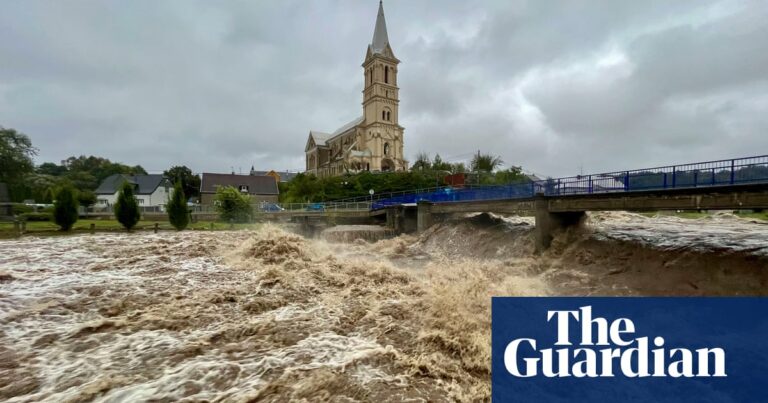The article explores the connection between the climate crisis and extreme weather disasters, emphasizing that scientific techniques called climate attribution can assess this relationship. Attribution studies indicate that fossil fuel combustion has dramatically intensified heatwaves, floods, and storms, leading to unprecedented frequency and severity. Three main approaches are used in these studies: comparing current weather data with historical data, using climate models, and simulating the climate trends over time.
Key findings include that over 24 heatwaves worldwide would have been impossible without global heating, with heatwaves identified as the most significantly worsened weather event—95% of analyzed heatwaves were made more severe. Similarly, more than 60% of floods and nearly 70% of droughts were found to be exacerbated by climate change. Attribution analyses also estimate the increasing death toll from extreme weather events, showing 91% of studies linked fatalities to global heating.
The vulnerability of communities plays a critical role, especially in poorer nations, where the impacts are more severe. While global heating has generally made colder weather events less likely, attribution studies can also provide accountability for polluters in legal cases and inform funding negotiations for climate disaster recovery. Although not every weather event has been analyzed, existing research strongly links most extreme weather occurrences to climate change, illustrating the urgent reality of the climate crisis.
Source link


